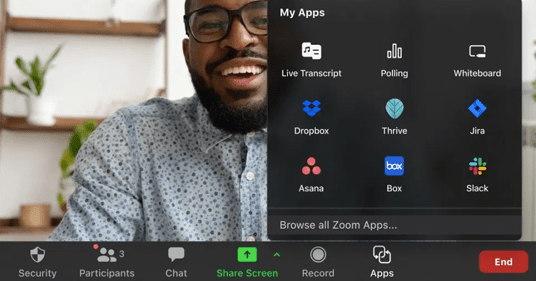HRTech
The deck isn't where it's at. Advice for founders pitching to VC.
.jpg?width=716&name=I%20always%20advise%20people%20never%20to%20give%20advice.%20(2).jpg)
I have seen 1000s of software pitches, as a Gartner analyst, and now as a VC. Today most founders do a pretty good job of presenting their deck. This has got so much better over the years, even if I have become more exacting. They have worked on it, the slides make sense, the graphics are slick, the numbers add up. Usually they know how to get the key messages across in 10-15 minutes or so. Several funds provide excellent templates on what makes a good deck, and even what to put in data room. There is good stuff out there, read it, use it.
A few weeks ago, I asked tech Twitter if founders wanted a "Data Room 101."
— Justine Moore (@venturetwins) August 25, 2022
The answer was a resounding yes!
With input from our amazing consumer team @a16z, I'm excited to publish our guide for early stage startups on @future.https://t.co/amb3kcZ2Od
Where I see a massive divergence is in the ability to answer questions well. Spend as much time practising answering typical questions as you do on the building and speaking to the deck.
Here is my blindingly obvious advice for you.
- Listen. Really listen. What verb is in the question? Explain, describe, justify. Ramble on is not usually the verb of choice.
- Let the person asking the question finish the question before answering.
- Pause and think why they are asking the question. What is the subtext?
- Keep your answer brief. 9/10 the first word is yes or no. And more of often that not that is all you need. Often I'll get a 5 minute answer and I still don't know if it was yes or a no.
- Your answer should usually be done in a less than a minute. If you are going on more than that you are probably off topic.
- Sometimes a question is just a comment. Don't feel you need to turn it into a question. Just agree or disagree.
- Don't answer questions that aren't asked to you. While male CEO talking over female colleague happens far too often, I actually had a newly appointed CRO mansplaining over the top of the female technical CEO founder about scaling product a few days ago. I had to interrupt, but he did it again on the next question.
- You don't have to have an answer for every question. It is okay to say I don't know. It gives you an opportunity to follow up later with a better answer.
- The questions will tell you a lot about if your pitch landed.
- Think especially hard when answering a question about the competition. Most of the time "we don't see them" isn't the right answer.
- Have some good questions of your own to ask the VC. See how they do. It will tell you more about the fund than their deck does too.
When I was at Gartner, I learned a lot from Yvonne Genovese. She would go into back to back meetings with various SAP executives and ask them same exactly the same question. I was curious as to why she did this, as we had so little time with them. Her response was priceless. "I ask the same question, but I don't always get the same answer."
I still use that technique today. I'll ask the question what's your ideal customer to sales, CEO, and product separately. You would be surprised how often I get different answers.
My final piece of advice. If you haven't read P.G. Wodehouse, you should.



